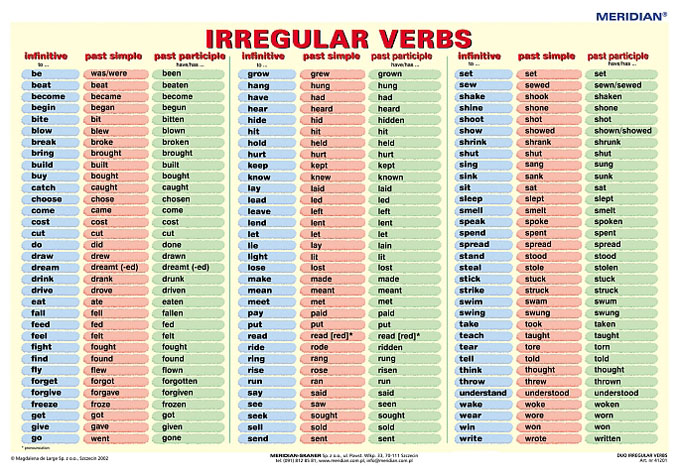Peter: Hey! who is that in your screensaver?
Diego: That's Baden Powell, he founded the boy scouts back in 1907.
Peter: Wow really? that's awesome! and his name is Baden Powell? That doesn't look like a name.
Diego: Actually, his full name is Lord Robert Stephenson Smith Baden-Powell of Gilwell, so Baden Powell is his last name.
Peter: Oh! that makes sense. And how old was he when he founded the boy scouts?
Diego: He was born in England on February the 22nd of 1857, so he was 50 years old when he founded them.
Peter: Well, he wasn't so young then! What did he do before that?
Diego: During his life, he was an outstanding military, so by 1889 he was already a coronel. Most of his missions were in Africa, but when he returned to England in 1901 he found that his book "Aids to scouting" was being used in the schools to educate the young men, so he decided to write a book about scouting specially for young men. In 1907 he finally decided to take some boys to Brownsea, and that was the first scout camp in the history.
Peter: That's a very interesting story! And when did he die?
Diego: He died in Kenya on January 8th of 1941.
Peter: He had a great life. I'm sure he inspired a lot of people all along history. And he brought scouting to Venezuela?
Diego: No, that was another man, his name was Ramon Ocando Perez, but that's a different story...
